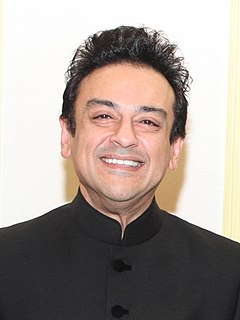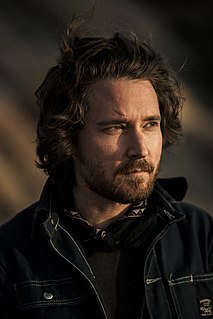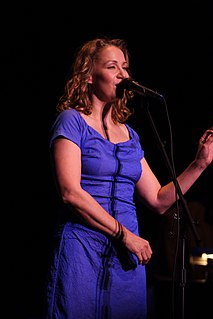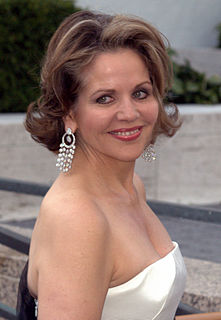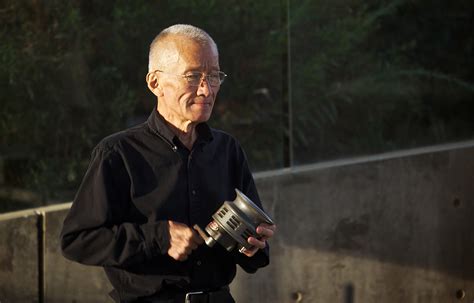A Quote by Pete Seeger
Alan [Lomax] and his father started off changing the definition of folk music from something ancient and anonymous to something very contemporary.
Quote Topics
Related Quotes
He [Alan Lomax] started right off trying to find people who could introduce folk songs to city people. He found a young actor named Burl Ives and said, "Burl, you know a lot of great country songs learned from your grandmother, don't you know people would love to hear them?" He put on radio programs. He persuaded CBS to dedicate "The School of the Air" for one year to American folk music. He'd get some old sailor to sing an old sea shanty with a cracked voice. Then he'd get me to sing it with my banjo.
I got an amazing 10-CD set, it's the music that Alan Lomax recorded in Haiti in 1936. And what's incredible is how fantastic the drummers are and how off-the-grid they are. The liveliness is astonishing; they're just totally alive, these recordings. It's very interesting, to me, to be reminded of that, that there was a time when things were not that tight.
I was a regular kind of academic music student. I was at Juilliard. I had to study all the contemporary music of the time, and changing that language very radically was just a sign or a signal that I was going to try to do something very different. I find that that's what I feel closest to. I found no real inner response in me in a non-tonal language.
My father urged Alan [Lomax] not to repeat the mistakes of the European folklorists who, a century ago, had collected these peasant songs and then arranged them for part choir and accompanied them on piano, and then told the young people of their country, "Don't change a note, this is our sacred heritage." Father said, whether it's a fiddle tune or a gospel song, learn it right off the record from the people who grew up with it. Don't just learn it from a piece of paper.
I think there's a difference between the type of folk music that people put into the box of "folk music" and then there's the kind of folk music that I aspire to and am in awe of, and that is the kind of folk music where it's very limited tools - in most cases a guitar, in a self-taught style that is idiosyncratic and particular to that musician.
My father is doing a radio program - classical music. He has a beautiful speaking voice and that's his passion in life, his music. My mother lives in Melbourne and is an avid photographer. She's also started writing for a magazine out there and she submits poems, very funny ones, and articles. In some way or other, my family is always doing something with the media.
This is something I think that blues music, or folk music, and all those particular genres that have a perspective about life deal with - where the difficulties of life are seen as something that are very natural and nothing to be embarrassed about, and something that we all go through; something that's part of our share of humanity. And it accepts those difficulties and pain as such. I think there's a wonderful forgiveness that can come over you, if you have that perspective on it.
I got into one of the Scottish classical styles called piobaireachd, which is a very old music that started around the 1700s or something. I really got into this music. After that, I started to compose bagpipe music in my notations. Then I started building bagpipes by myself, and then I started to perform with the instrument myself in the 1980s.


